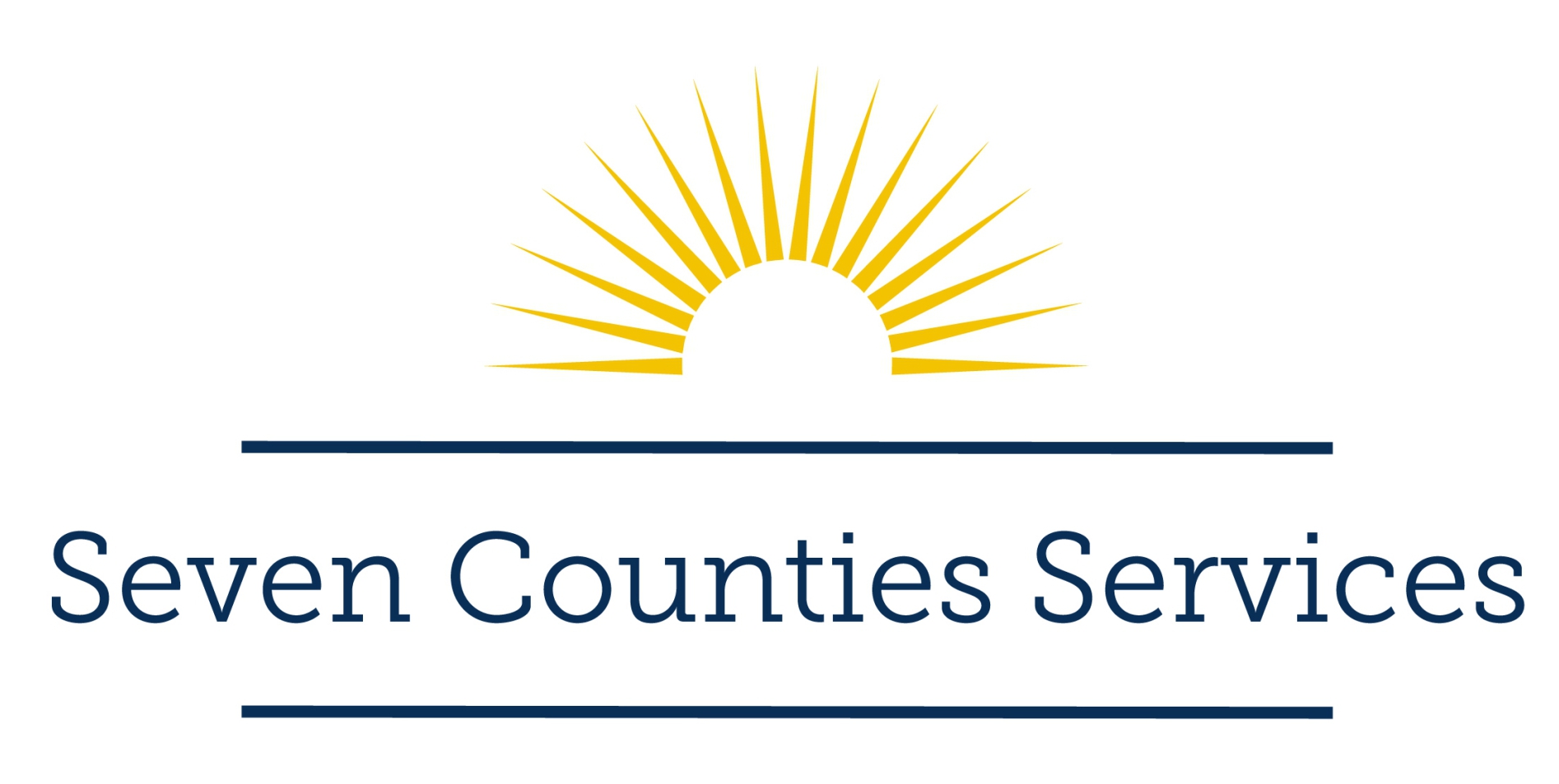Understanding Down Syndrome: Symptoms and Causes
Down Syndrome is a genetic condition where a person is born with an extra chromosome. Chromosomes are like packets of instructions in the body, deciding how a baby’s body grows and works during pregnancy and after birth. Usually, a baby has 46 chromosomes, but babies with Down syndrome have an extra one, specifically chromosome 21. This condition is also called Trisomy 21. Having this extra chromosome can affect how the baby’s body and brain develop, leading to both mental and physical challenges for the baby.
How Common is Down Syndrome?
Down Syndrome remains the most common chromosomal condition diagnosed in the United States. According to the CDC, roughly 6,000 babies born each year in the United States have Down syndrome. This means that Down syndrome occurs in about 1 in every 700 babies.
Down Syndrome can happen to anyone. It’s a genetic condition not caused by anything the parents did before or during pregnancy. Most of the time, Down Syndrome occurs randomly.
Risk Factors
Scientists are always studying to understand more about what causes Down Syndrome. Research shows that the chance of having a baby with Down syndrome goes up as the parent giving birth gets older. Women or people assigned female at birth who are 35 years old or older are more likely to have a baby with Down Syndrome or another genetic condition. Most babies born with Down Syndrome are born to parents over 35 years old.
Symptoms of Down Syndrome
Down Syndrome can lead to various physical, cognitive, and behavioral traits. However, not everyone with Down Syndrome experiences all of these traits. The symptoms and how severe they are can vary from person to person. Physical signs can include:
- A flat nose bridge.
- Slanted eyes that point upward.
- A short neck.
- Small ears, hands and feet.
- Weak muscle tone at birth.
- Small pinky finger that points inward towards the thumb.
- One crease in the palm of their hand (palmar crease).
- Shorter-than-average height.
Because of the extra chromosome, a child with Down Syndrome might face challenges in their thinking and learning abilities. This could lead to intellectual or developmental disabilities. Children with Down Syndrome may also reach developmental milestones, things they can do at certain ages, at a different pace compared to other children. This can affect how they:
- Walk and Move
- Speak
- Learn
- Play
A person with Down Syndrome might show behavioral signs. This could happen because they might have trouble telling others what they need. Behavioral symptoms of Down Syndrome could include:
- Stubbornness and tantrums.
- Difficulty paying attention.
- Obsessive or compulsive behaviors.
Supports
Down Syndrome is something that stays with a person for their entire life. Getting help early on can often make a big difference in how well babies and children with Down Syndrome can move and think. Some students with Down Syndrome might need more support at school, but many are able to join regular classes.
At Seven Counties Services, we offer help to people of all ages so they can become more independent and feel better emotionally. Our services focus on what each person needs and aim to improve their physical, emotional, and mental health. To learn more, set up an appointment online or call (502) 459-5292.
Reviewed by Becky Wolf MSW, Vice President of Developmental Services at Seven Counties Services.




